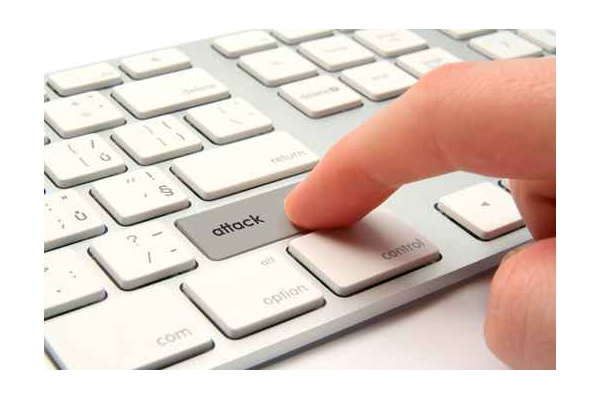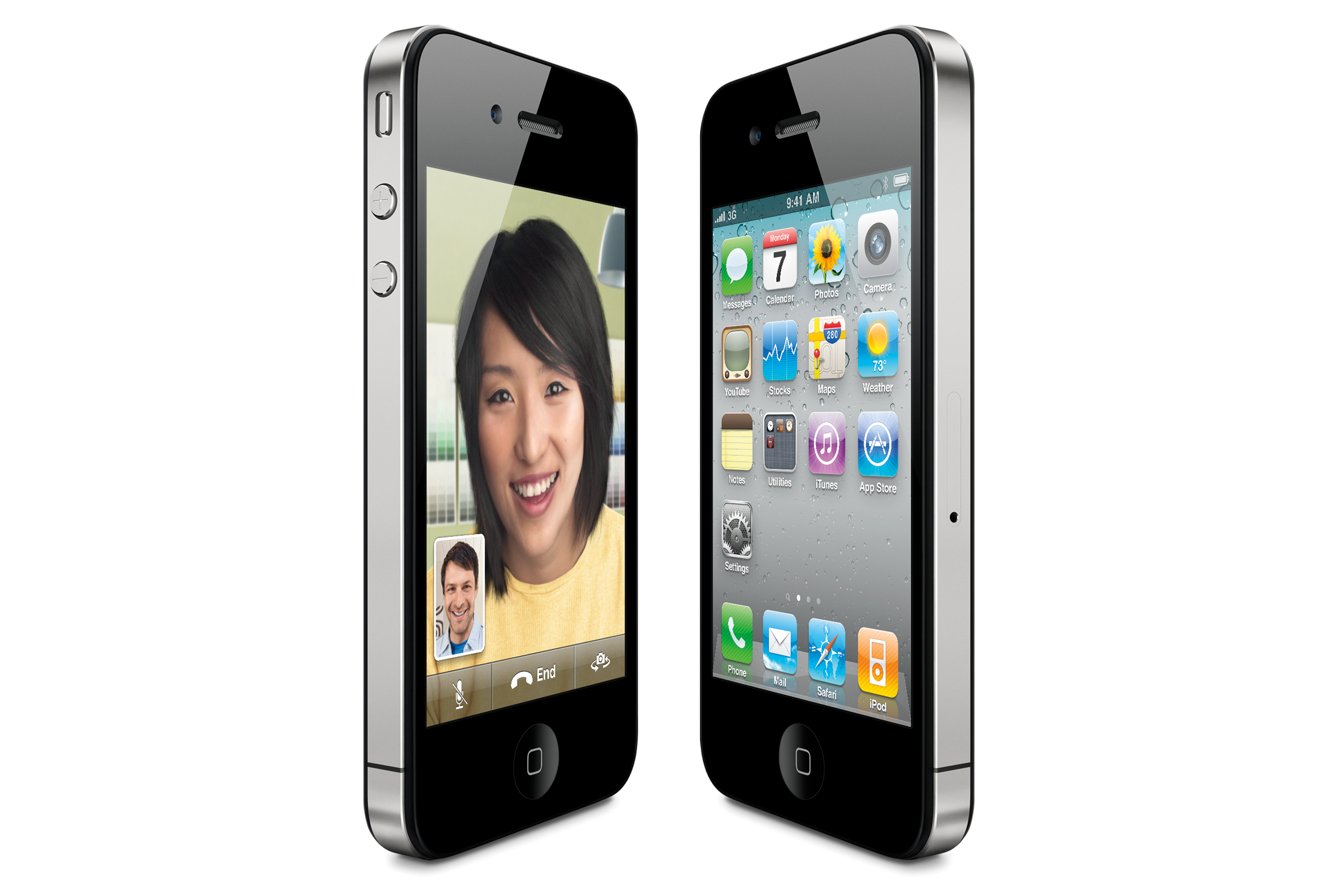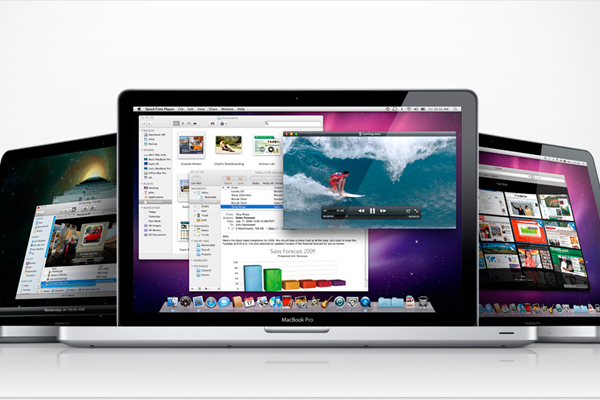Five tech sectors staring into the abyss
The end is nigh for some areas of the tech industry. We look at which ones could be six feet under in the not too distant future.


Sign up today and you will receive a free copy of our Future Focus 2025 report - the leading guidance on AI, cybersecurity and other IT challenges as per 700+ senior executives
You are now subscribed
Your newsletter sign-up was successful
"Not only are these services now more available, we are also seeing that SMEs are using these services to improve competitiveness."
Looking across the pond, some big names have even indicated the end could be nigh for landlines altogether. Not so long ago, Ivan Seidenberg, chief executive of Verizon Communications, said the company was not all that bothered about wired up phones, according to a New York Times report. Given how long Verizon has been in the landline business, it's clear prognostications surrounding the technology's death are not to be balked at.
If we're being realistic though, landlines themselves are not going to be ripped up or left to rot anytime soon. But with people working longer yet more flexible hours, and with mobile technology moving at the pace it is, there won't be much need for a wired-up phone for every worker in the coming years.
Office desktops
Let's be clear here: we do not believe desktop computers are going to disappear from offices in the next few years. This is more of a long-term prediction.
Also, inside organisations needing lots of computing power, souped-up workstations will still be used. We're talking about typical office desktops here.
Now, there are a number of instructive signifiers in today's world pointing to the end for standard office desktops.
Sign up today and you will receive a free copy of our Future Focus 2025 report - the leading guidance on AI, cybersecurity and other IT challenges as per 700+ senior executives
Many heard Apple chief Steve Jobs waxing lyrical about the iPad 2 being the "post-PC" device. Now whilst it's implausible that particular Apple product will replace PCs across the world, Jobs may have been onto something.
Given how rapidly the world is taking to mobile devices like tablets and smartphones, those boxes beneath your desks could be a thing of the past in the not too distant future.
Then there is desktop virtualisation. If you can acccess a desktop OS on a mobile machine (Citrix recently showed us Windows 7 running on an iPad), why do you need to bother with so many desktops? Well, you don't.
According to Lewis Gee, from IT intelligence vendor Centrix Software, shifting business user behaviours coupled with companies' willingness to drive down IT costs could spell the end for desktops.
"There are certainly a number of drivers that are going to change the end user device," Gee told IT PRO. "Part of that is going to be around a very corporate-led cost-cutting exercise where they need to reduce the number of desktops."
With the consumerisation of IT, which finally seems to becoming a reality rather than just a buzz phrase, the desktop will be less frequently used as employees bring in their laptops or tablets to work on.
Of course, the challenge for the IT department will be to offer workers flexibility whilst still being able to deliver critical applications. There are also clearly security issues to deal with indeed, the consumerisation of IT is another danger the firewall doesn't cover. If a worker brings in a virus to the corporate network, there's nothing a firewall can really do to stop it.
Whilst the IT department will have to cope with a range of problems associated with the decline of the desktop, they need to recognise it is happening and be prepared.
Tom Brewster is currently an associate editor at Forbes and an award-winning journalist who covers cyber security, surveillance, and privacy. Starting his career at ITPro as a staff writer and working up to a senior staff writer role, Tom has been covering the tech industry for more than ten years and is considered one of the leading journalists in his specialism.
He is a proud alum of the University of Sheffield where he secured an undergraduate degree in English Literature before undertaking a certification from General Assembly in web development.
-
 Stop treating agentic AI projects like traditional software
Stop treating agentic AI projects like traditional softwareAnalysis Designing and building agents is one thing, but testing and governance is crucial to success
-
 PayPal appoints HP’s Enrique Lores in surprise CEO shake-up
PayPal appoints HP’s Enrique Lores in surprise CEO shake-upNews The veteran tech executive will lead the payments giant into its next growth phase amid mounting industry challenges
-
 Hackers accused of holding iPhones & iPads to ransom detained in Russia
Hackers accused of holding iPhones & iPads to ransom detained in RussiaNews Police search apartments following arrest
-
 Cisco to tackle BYOD challenge
Cisco to tackle BYOD challengeNews Networking vendor aims to help companies secure and control personal devices.
-
 Enterprise security shoot-out: iPad vs. Android
Enterprise security shoot-out: iPad vs. AndroidIn-depth Davey Winder investigates the relative IT sec pros and cons of iOS and Android tablets…
-
 UPDATED: Apple iOS JailBreakMe flaw raises ‘security concerns’
UPDATED: Apple iOS JailBreakMe flaw raises ‘security concerns’News Apple is yet to fix a flaw used by the JailBreakMe crew to allow users to run non-approved apps on the iPhones, iPads and iPods.
-
 Week in review: Windows 8, China loves Gmail and mobile phone radiation
Week in review: Windows 8, China loves Gmail and mobile phone radiationNews Windows 8 is coming! But when? The Chinese hack Gmail! Or did they? Mobile phones cause cancer! Or do they? It's been a very confusing week...
-
 Mac OS vulnerabilities skyrocket
Mac OS vulnerabilities skyrocketNews Mac OS vulnerabilities have risen by over five times, leading Panda Security to launch an anti-virus product for the operating system.
-
 Week in review: Virus hits Iran nuclear power plant, Ballmer bonus woes
Week in review: Virus hits Iran nuclear power plant, Ballmer bonus woesNews The past week was filled with intrigue, action and big money as a virus hits an Iranian nuclear power planet, the British police crack down on the Zeus online bank thieves and Microsoft CEO Steve Ballmer misses out on a wad of cash.
-
 AT&T iPad hack exposer breaks gag order
AT&T iPad hack exposer breaks gag orderNews A Goatse Security member who helped publicise an AT&T website vulnerability opening up iPad user data has claimed his civil liberties have been "grossly violated".
